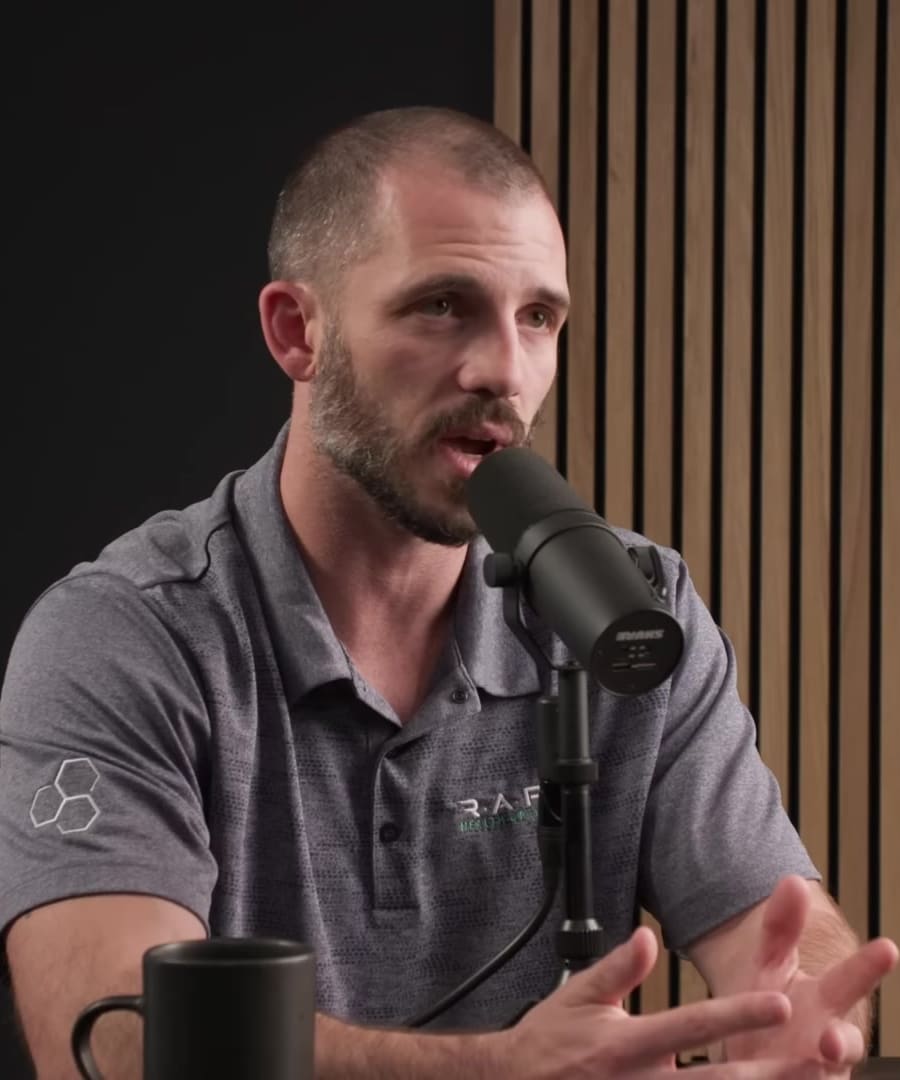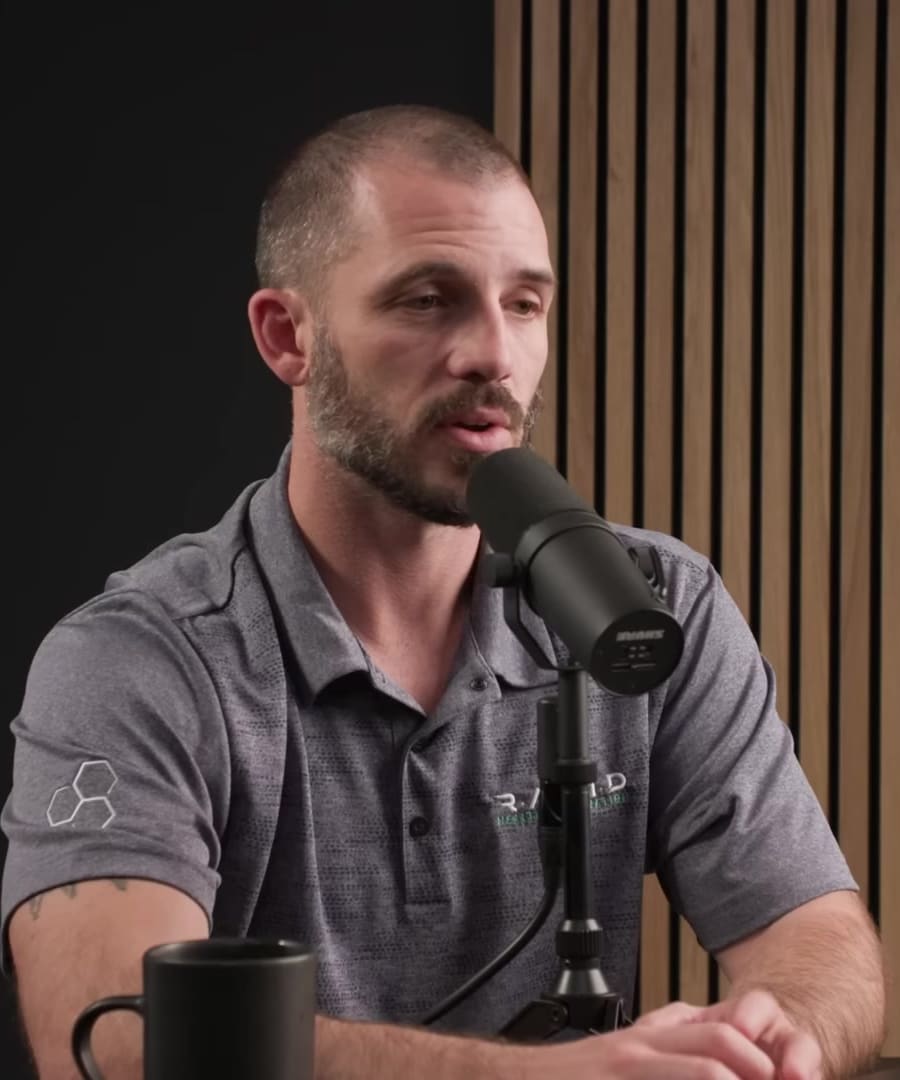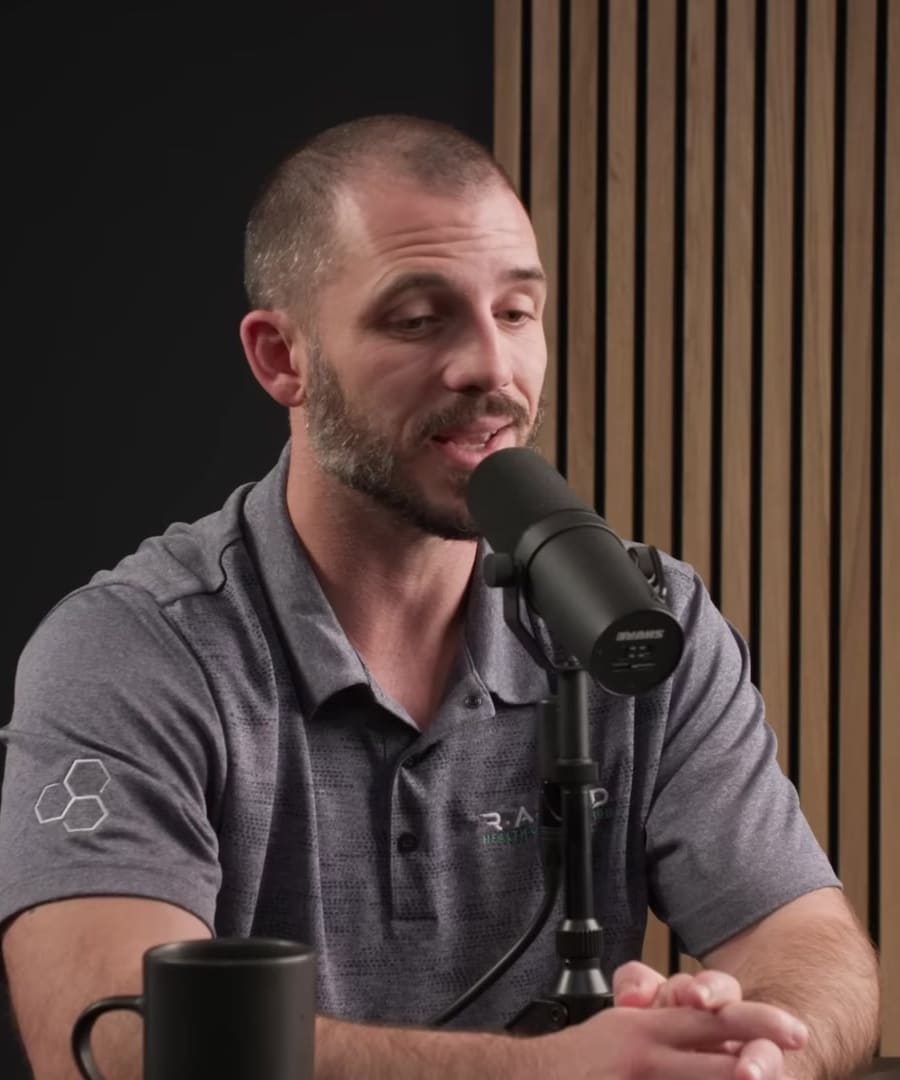what does creatine do?
Sources:
Creatine offers a variety of benefits, as detailed by :
-
Muscle Function and Exercise Performance: Creatine is a fuel source during high-intensity activity and can be stored in muscles, increasing power output (by 1-20%), and reducing fatigue. Supplementing with creatine monohydrate increases creatine phosphate stores in muscles, enhancing strength and power 1 2.
-
Brain Function and Cognitive Enhancement: It serves as a fuel source for neurons and can enhance cognitive functions. Creatine supplementation, especially in those who do not consume meat or other creatine-rich sources, can positively affect certain frontal cortical circuits involved in mood regulation and motivation 3 4.
-
Treatment of Headaches and Traumatic Brain Injury (TBI): Creatine significantly reduces the intensity and frequency of headaches caused by head hits or traumatic brain injury. It is hypothesized that by increasing creatine stores in the brain, not just the muscle, better cognitive function can be supported after TBI 2 5 6.
-
Depression: Creatine can augment the response to selective serotonin reuptake inhibitors (SSRIs) for major depressive disorder and has shown potential in treating depression by increasing activity in the forebrain phosphocreatine system, possibly affecting the NMDA receptors responsible for neuroplasticity 7.
-
Hydration: It improves the ability to hydrate the body by drawing more water into cells, which can be beneficial for rehydration after events like weight cutting for athletes 8.
Appropriate dosing is related to body weight, with a general recommendation being around 5 grams per day for an individual weighing approximately 180 pounds, with adjustments made for those who weigh more or less. Creatine’s effects are robust and wide-ranging, with studies supporting its use for both physical performance and treatments related to brain health and cognitive function 1 7.
RELATED QUESTIONS-
Are there any side effects of taking creatine?
Sources:
The side effects of creatine supplementation are generally found to be minimal or nonexistent for most individuals. According to , the potential side effects are extremely minimal, if at all present, and there are no known downsides to taking creatine 1. However, there is a common myth associated with creatine potentially causing hair loss due to its conversion of testosterone to dihydrotestosterone (DHT), which can promote male pattern baldness. Kyle Gillett and address this concern by explaining that creatine only brings individuals to their natural levels of hormones and would not accelerate hair loss beyond what would occur naturally. They emphasize that avoiding creatine for fear of hair loss is unwarranted 2.
It's also mentioned that certain creatine usage protocols from the past, like loading with high doses, could cause gastric distress 3. However, the more common recommendation nowadays is a lower daily dose, which reduces the likelihood of such side effects. When considering creatine or any supplement, it is advisable to consult with a healthcare provider, especially if there are specific health concerns or conditions.
RELATED QUESTIONSdoes creatine have any effect in terms of preventing dementia?
Based on the data from the , there is no available information discussing the impact of creatine on preventing dementia. For the most accurate and up-to-date advice on this matter, it would be best to consult current research findings or a healthcare professional.
RELATED QUESTIONSTell me about things you can do that prevent dementia and MCI
Sources:
To prevent dementia and mild cognitive impairment (MCI), here are some strategies addressed in the :
-
Exercise: Regular aerobic exercise releases neurochemicals like dopamine, serotonin, noradrenaline, and brain-derived neurotrophic factor (Bdnf). Bdnf helps new brain cells grow in the hippocampus, which is crucial for memory and attention functions. A healthy, well-exercised brain can potentially delay the onset of diseases like dementia and Alzheimer's 1.
-
Diet: Consuming certain foods, such as blueberries, can enhance brain function due to their anthocyanin content. Antioxidant-rich foods can contribute to offsetting cognitive decline in conditions like Alzheimer's 2. The ketogenic diet has shown promise in improving cognitive function in Alzheimer's patients by providing alternative fuel sources for the brain 3.
-
Sleep and Stress Management: Quality sleep is foundational for mental and physical health, and poor sleep quality is linked with exacerbating pre-existing dementias 4. Mindfulness meditation and other forms of non-sleep deep rest (NSDR), like yoga nidra, can be beneficial for enhancing neuroplasticity after cognitive work 5.
-
Hydration: Proper hydration is essential for cognitive function, especially during mental work and if consuming caffeine, which is a diuretic 6.
These approaches can help maintain brain health over time and potentially reduce the risk of neurodegenerative diseases. Regular engagement in these practices, along with other lifestyle factors like social connections and avoiding depression, can positively impact brain function both indirectly and directly.
RELATED QUESTIONS-
what can I do to improve impulse control and executive control?
Sources:
Improving impulse control and executive function can be achieved with a few practical strategies as discussed by on the :
-
Moderate Exercise Before Cognitive Tasks: Engaging in 15 minutes of moderate exercise before tasks that require focus and working memory can improve your performance. Exercise can help you feel more energetic and focused, which in turn improves your cognitive attention and control 1.
-
Medication and Controlling Dopamine:
- For individuals with ADHD, which can manifest as impulsivity, medication like Adderall is sometimes prescribed. These stimulate the prefrontal cortex, the brain region that acts as a brake on impulsive behavior, by increasing neuronal activity and limit impulsivity.
- It's noted that behavior in childhood, such as impulsivity, can be indicative of controlling behavior and potential disorders later in life. Medications that heighten activity in the prefrontal cortex are aimed to reduce impulsivity because they modify dopamine activity and help with managing the timing of dopamine release 2.
Keep in mind that if considering medication, consulting with a healthcare provider is essential. The insights provided focus on general strategies and findings, and individual circumstances are unique and should be taken into account.
RELATED QUESTIONS-
what does creatine do?
- RELATED QUESTIONS
Are there any side effects of taking creatine?
- RELATED QUESTIONS
does creatine have any effect in terms of preventing dementia?
- RELATED QUESTIONS
Tell me about things you can do that prevent dementia and MCI
- RELATED QUESTIONS
what can I do to improve impulse control and executive control?
- RELATED QUESTIONS

















